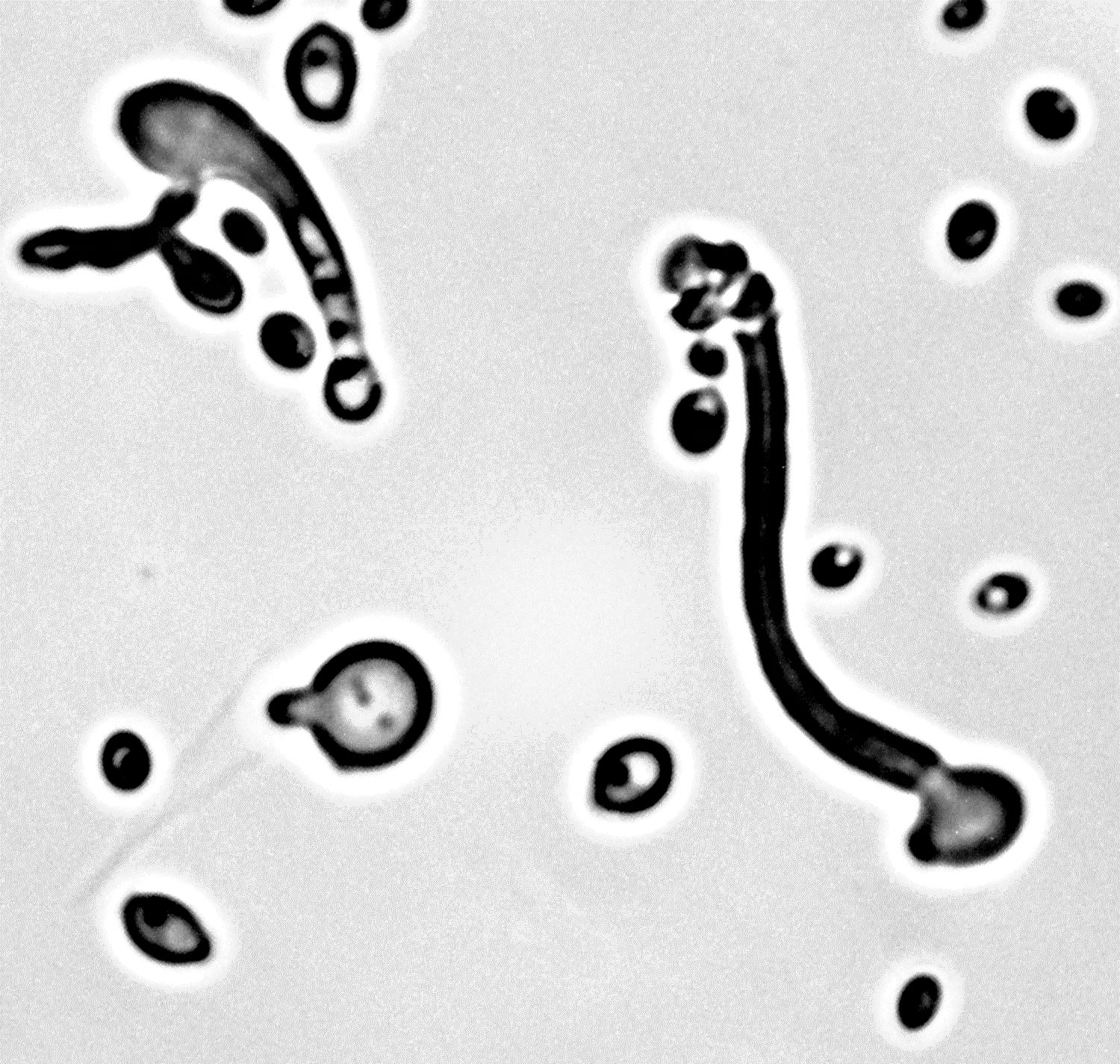DOE JGI Team Expands Workhorse Yeasts Diversity

“Obtaining a complete genome of a microbe that is industrially important greatly stimulates research in the area…. We can expect an explosive interest in yeast biology in the coming years.”
To help boost the use of a wider range of yeasts and to explore the use of genes and pathways encoded in their genomes, a team led by DOE JGI researchers conducted a comparative genomic analysis of 29 yeasts, including 16 whose genomes were newly sequenced and annotated. In the study published the week of August 15, 2016 in the Proceedings of the National Academy of Sciences (PNAS), the team mapped various metabolic pathways to yeast growth profiles. Read more on the DOE JGI website.






